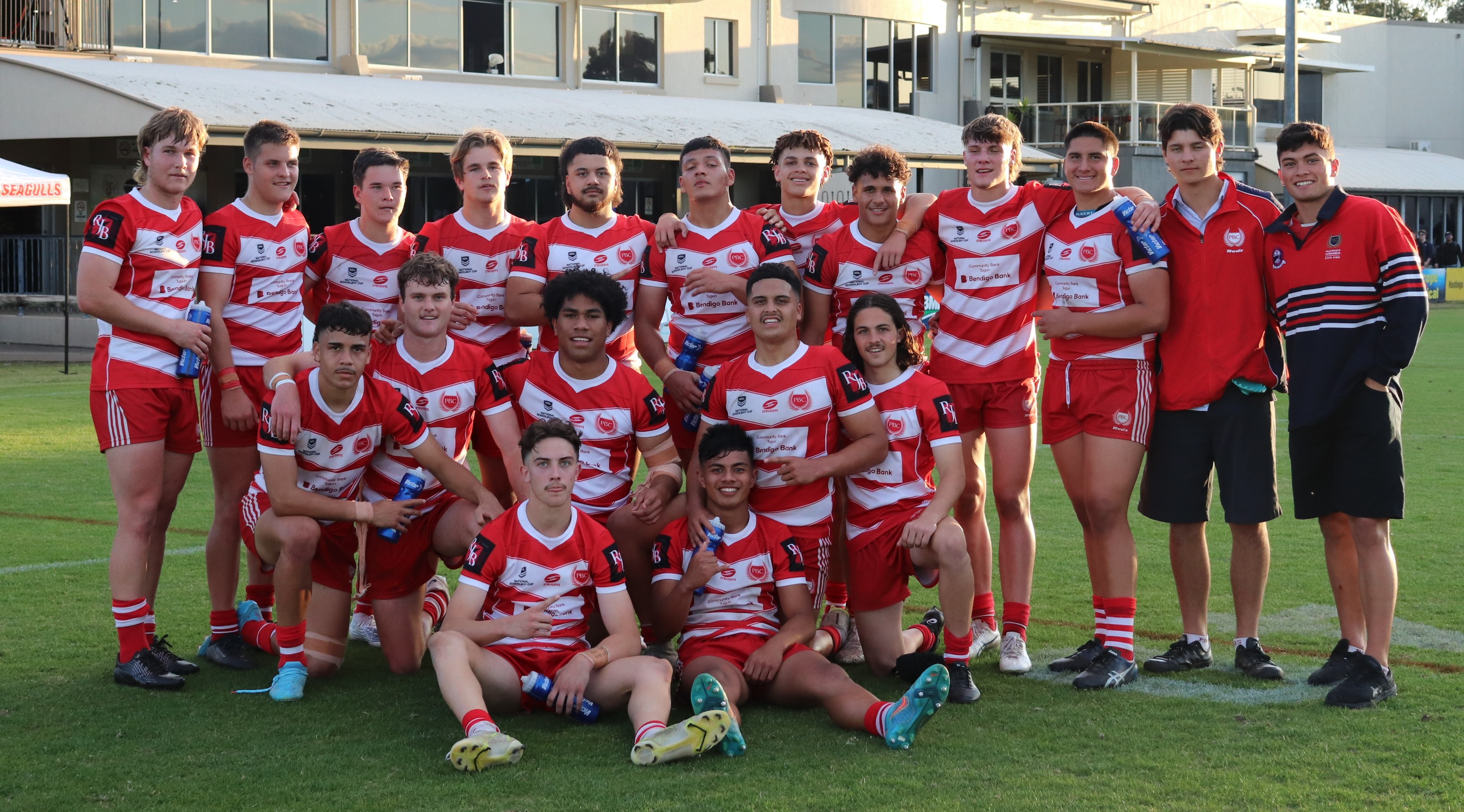5 Ways to Help Your Athletes Sleep Optimally Before Game Day
Posted by Jesse Hilleary on 10th Nov 2022
5 Ways to Help Your Athletes Sleep Optimally Before Game Day
You and your team have got a big or tournament coming up and you’re ready to crush the competition, but you’ve got a problem. How in the world are you going to make sure your athletes sleep well the night before gameday?!
Well, we’ve got 5 tips for that, all based on current science. Proper sleep is vital for athletes in all sports, with research showing a direct correlation in increased performance with increased sleep. The Sleep Foundation shows that sticking to a healthy sleeping pattern improve both physical and mental abilities for gameday. Keep these following tips handy, it’ll only make game day easier for everyone and ensure that your athletes play to the best of their ability.

Here are 5 ways to help your athletes sleep optimally before game day! (You can also use these tips yourself!)
1. Avoid bright lights between 10pm and 4am
Viewing bright lights of all colours are a problem for your circadian system and can completely throw an athletes sleep out of whack. This includes phones, tv’s, overhead lights, you name it. There are some exemptions however, including moonlight and candlelight. If an athlete does have to move around safely at night, try to ensure they use as little artificial light as possible.
We know getting them to do this might be hard due to their phones, but it is certainly important that they limit phone use late at night.
2. Keep the sleeping room cool and dark, the body needs to drop 1-3 degrees for optimal sleep.
According to The Sleep Foundation, the optimal sleeping temperature is anywhere between 15.6 to 19.4 degrees celsius. A main reason that people wake up throughout the night is body temperature changes. So, with it being much easier to flick off blankets than getting up to change the air conditioning settings, keep the room nice and cool and dark so temperature isn’t an issue.
3. View sunlight by going outside within 30-60 minutes prior to sunset.
By seeing the sun go down, your internal circadian clock is prompted to begin releasing sleep chemicals in the body. It is important then that the athlete goes to sleep at an appropriate time following their circadian clock. Do not stare directly at the sun, merely taking some time to relax and watch the sunset will assist in falling asleep easily.
4. Avoid caffeine within 8-10 hours of bedtime.
Now this is a no-brainer, some doctors' around the world even suggest to go 12-14 hours of no caffeine before hitting the sack. That means, that if your athletes bedtime is 10pm, an athlete should avoid caffeine after around 2pm. So, make sure athletes stay away from coffee, energy drinks or any other high-in-caffeine substances in the afternoon.
5. Limit game day naps.
Research shows that athletes shouldn’t nap for more than 30 minutes on game day. Any longer than this will cause drowsiness when awake and is not optimal for gameday.
P.S Expect your athletes to feel really alert 1 hour before their natural bedtime. This is a naturally occurring spike and all a part of the biological circadian cycle of human beings. Just acknowledge it and don’t freak out if they turn into balls of energy later than expected.

And thats it! we hope our optimal sleep tips for athletes helps you and your team play to their absolute best and reach greatness. Now go perform at an elite level in your Custom Struddys Team Apparel!
Wish you could easily design some awesome custom gear from home? Well now you can! Our immersive Do-It-Yourself platform has thousands of combinations to get you the perfect design for you. Check out our DYO blog to walk through the easy process. If you'd like to get in to contact with our expert team, contact us here.
Disclaimer: This article is for general informational purposes only and does not constitute the practice of medicine, nursing or other professional health care services, including the giving of medical advice, and no doctor/patient relationship is formed. The use of information on this blog piece or materials linked from this blog article is at the user’s own risk. The content of this blog article is not intended to be a substitute for professional medical advice, diagnosis, or treatment. Users should not disregard or delay in obtaining medical advice for any medical condition they may have and should seek the assistance of their health care professionals for any such conditions.

